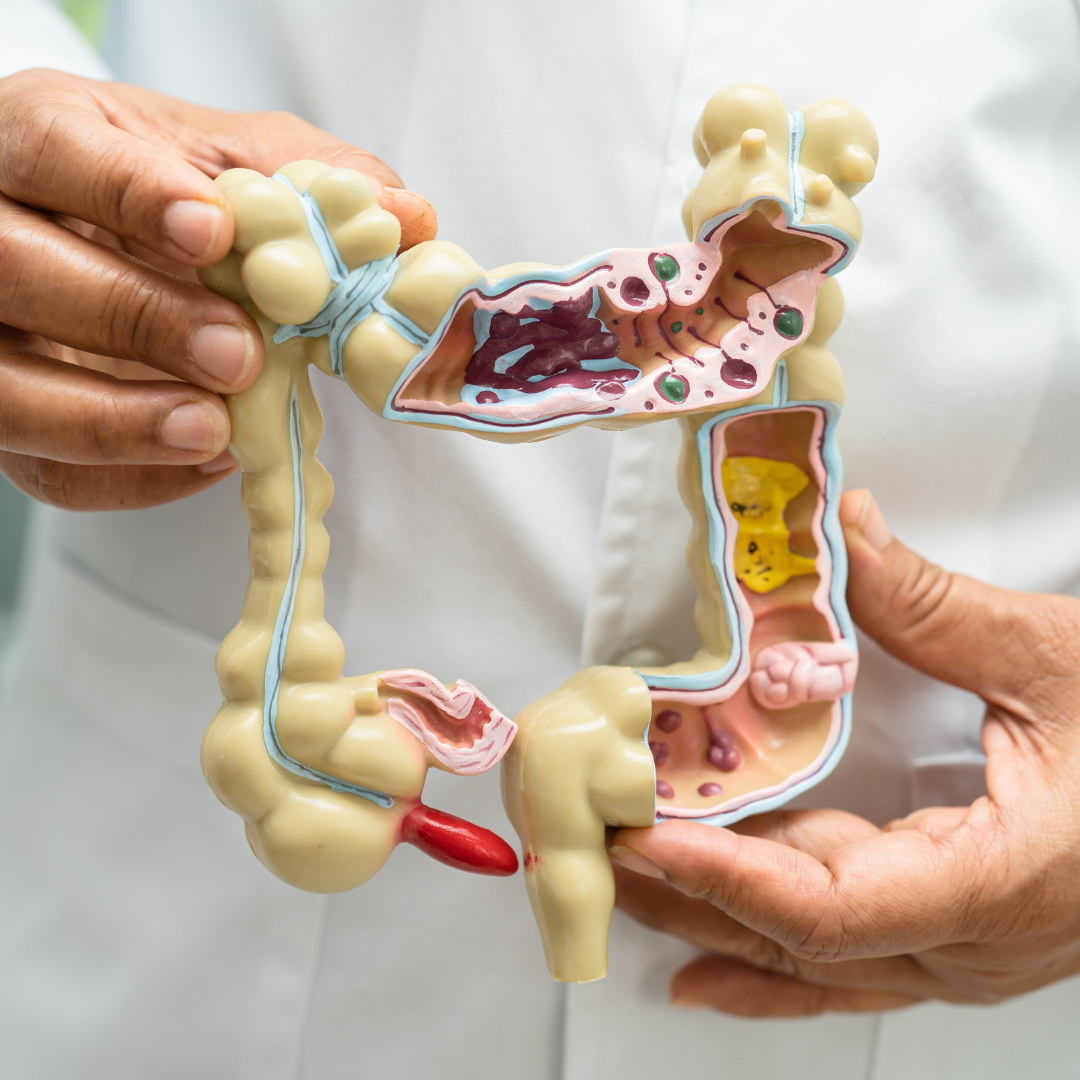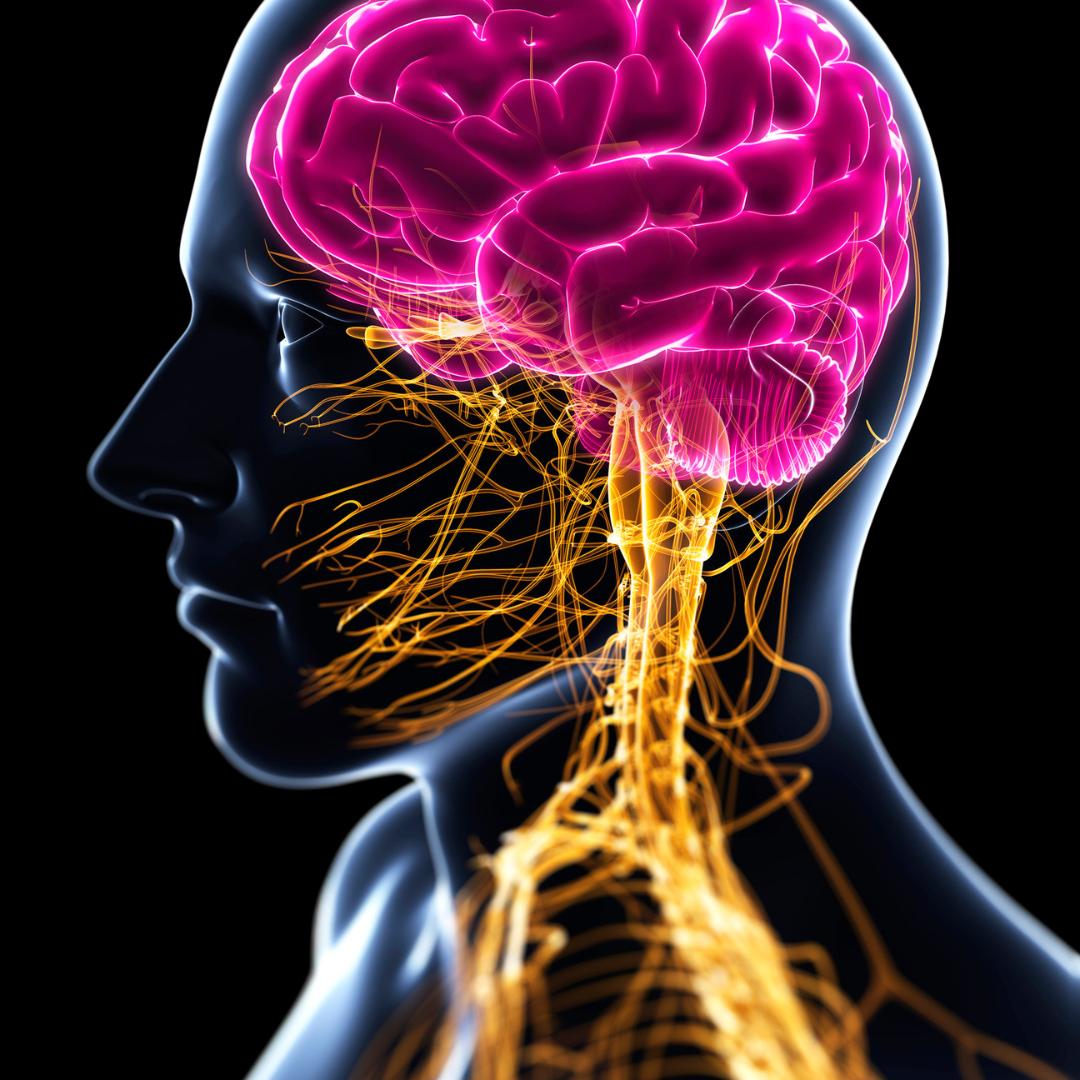Our digestive system is one of the most vital parts of our body. It’s responsible for breaking down food, absorbing nutrients, and eliminating waste, making it the cornerstone of our overall health. Yet, many of us don’t give it the care it needs, leading to sluggish digestion, bloating, gas, and even chronic issues such as constipation or digestive disorders. Maintaining a healthy, functioning digestive system requires a conscious effort, and the foods we consume play an enormous role in how smoothly it operates.
In this blog, we’ll dive into the importance of keeping your digestive system moving efficiently and why a high-fruit, high-produce, low-protein, and low-fat diet is key to that process. Whether you’re dealing with digestion issues or simply want to optimize your well-being, understanding how food interacts with your digestive system is crucial.
The Role of the Digestive System
Before we delve into how diet affects digestion, it’s helpful to understand how the digestive system works. The process begins the moment we eat something. Here’s a simplified breakdown of the journey your food takes:
- Mouth: The process starts in the mouth where chewing breaks down food into smaller pieces. Saliva contains enzymes that begin digesting carbohydrates.
- Stomach: After swallowing, the food reaches the stomach, where it’s mixed with digestive juices. The stomach acid primarily breaks down proteins and prepares the food for absorption.
- Small Intestine: Here, the food is further broken down by bile and other digestive enzymes. Nutrients are absorbed through the walls of the small intestine and into the bloodstream.
- Large Intestine (Colon): Any remaining undigested food moves into the large intestine. Water is absorbed, and what’s left is waste, which is eventually excreted.
For everything to function smoothly, all parts of this system must work efficiently. Unfortunately, modern diets—rich in processed foods, animal proteins, and fats—can slow down this process, leading to a sluggish digestive system that struggles to eliminate waste.
Why a High-Fruit, Low-Fat, Low-Protein Diet?
Let’s explore why a diet rich in fruits and vegetables, and low in fats and proteins, can make a world of difference in keeping your digestive system running smoothly.
1. Fiber: Nature’s Broom
Fruits and vegetables are packed with fiber, which is crucial for keeping things moving in the digestive system. There are two types of fiber: soluble and insoluble.
- Soluble fiber dissolves in water, forming a gel-like substance in your gut, which helps slow digestion. This is useful for regulating blood sugar and cholesterol levels.
- Insoluble fiber does not dissolve in water. Instead, it acts like a broom, sweeping through your intestines, adding bulk to your stool, and making it easier to pass waste through your colon.
Both types of fiber are essential for proper digestion, but they are most abundant in fruits, vegetables, and whole plant foods. In contrast, animal products and processed foods contain little to no fiber, leading to a sluggish digestive system and issues like constipation or bloating.
2. High Water Content: Hydration for Digestion
Fruits and vegetables are naturally high in water content. Water is essential for digestion—it helps break down food, move waste through the colon, and keeps stools soft, preventing constipation. A diet rich in high-water-content foods like melons, cucumbers, and leafy greens helps ensure that your digestive system stays hydrated.
Water helps the stomach produce digestive enzymes and assists in the transportation of nutrients. When you’re not getting enough water, either from food or drinks, your digestive system slows down, leading to common problems like constipation or irregular bowel movements.
By prioritizing hydrating foods like fruits and vegetables, you’re giving your body the natural fluids it needs to support efficient digestion.
3. Low Protein and Digestion
While proteins are necessary for many bodily functions, excessive consumption of animal-based proteins can be taxing on your digestive system. Animal proteins are harder to break down compared to plant-based foods and can contribute to digestive issues such as bloating, gas, and constipation.
Animal proteins also contain no fiber, which means they can clog up the digestive system when consumed in large quantities, leading to a sluggish colon. Studies have shown that a high-protein diet, especially one rich in red meat, can increase the time it takes for food to pass through the digestive system, which can result in waste lingering in the colon for too long. This not only leads to constipation but can also increase the risk of colon diseases.
In contrast, plant-based proteins such as those found in beans, legumes, and leafy greens, are easier to digest and contain fiber, aiding in the overall efficiency of your digestive system.
4. Low Fat for Speedy Digestion
High-fat diets, particularly those rich in animal fats and processed oils, can slow down the digestive process. Fats take longer to break down, especially saturated fats, which are prevalent in animal products like cheese, butter, and meat. These fats can cause the stomach to empty more slowly, leading to indigestion, heartburn, and sluggish bowel movements.
When the stomach takes too long to empty, it can cause discomfort, and the extra time spent breaking down fatty foods can lead to a buildup of waste in the digestive tract. This, in turn, increases the risk of constipation and bloating.
Low-fat diets, especially those that focus on whole plant foods, promote a quicker digestion process, allowing your body to efficiently process and eliminate waste.
5. The Role of Alkalinity in Digestion
Another key benefit of a high-fruit, low-fat, low-protein diet is that it’s generally more alkaline. Processed foods, meats, and dairy products tend to be acidic, which can disrupt the body’s natural pH balance. When your body is too acidic, it can lead to inflammation, poor digestion, and other health issues.
Fruits, especially high-water-content fruits like melons and berries, are naturally alkaline, helping to balance the body’s pH levels and reducing inflammation in the digestive system. A balanced pH promotes a healthier environment for the digestive enzymes to work, speeding up the breakdown of food and reducing digestive discomfort.
Signs of a Healthy Digestive System
If your digestive system is working efficiently, you’ll notice several positive signs:
- Regular bowel movements: You should be having at least one, ideally two or more, well-formed bowel movements each day.
- Minimal bloating and gas: While occasional gas is normal, excessive bloating or gas is a sign of sluggish digestion or improper food combining.
- No discomfort or pain: Efficient digestion means no frequent cramping, bloating, or pain after meals.
By eating a high-fruit, low-fat, low-protein diet, you’re ensuring that your body has the tools it needs to process food efficiently and eliminate waste regularly.
Keeping your digestive system moving is key to overall health, energy, and well-being. A diet that focuses on high-fiber fruits, vegetables, and whole foods, while minimizing animal proteins and fats, is the best way to support optimal digestion. Your digestive system thrives on natural, whole foods that are easy to break down, hydrating, and full of nutrients. So, next time you sit down for a meal, remember that every bite you take affects the incredible, complex system inside you, and choose foods that promote balance, efficiency, and health.









